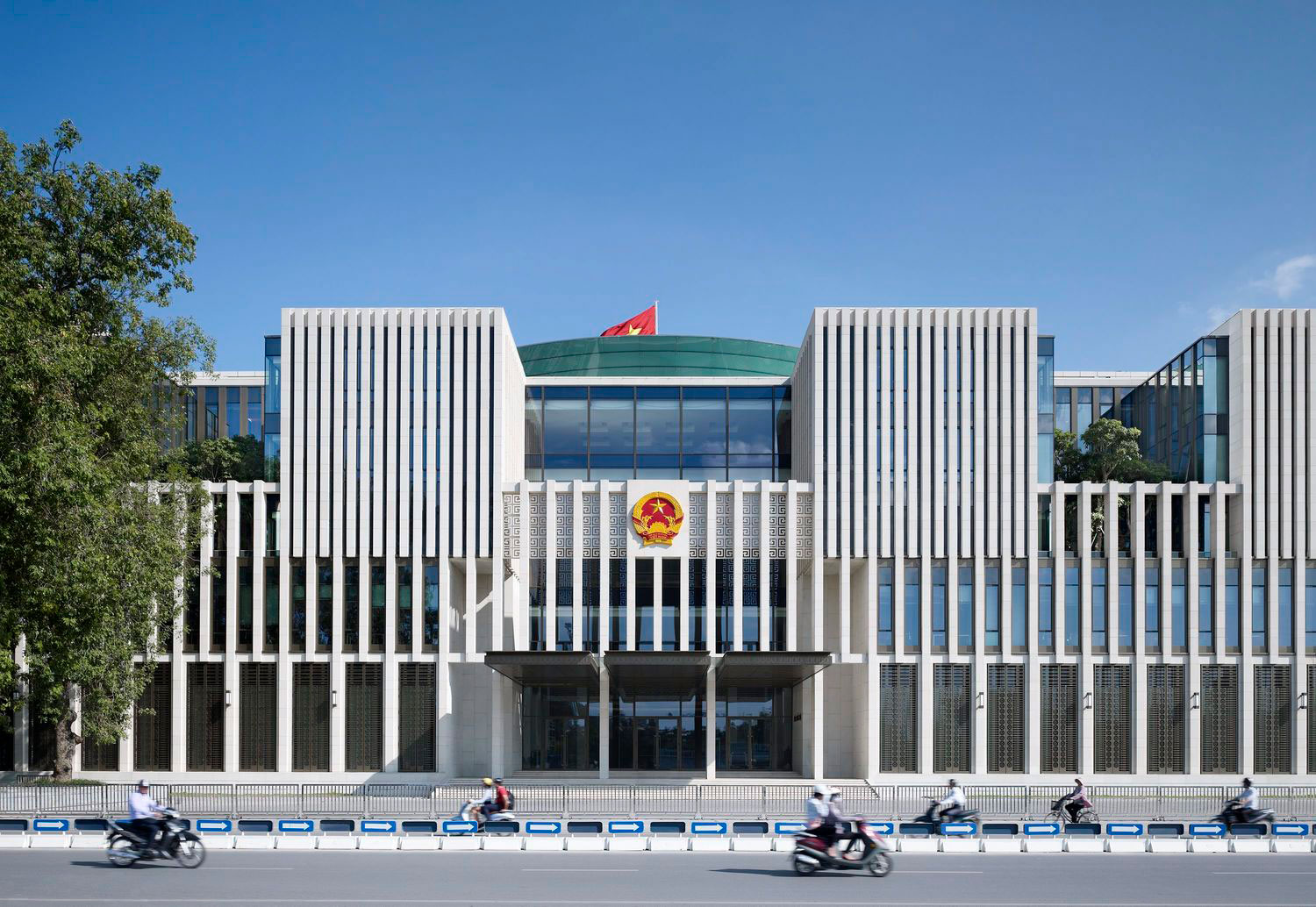On 30 July 2020 the World Bank issued an economic update entitled What will be the new normal for Vietnam: the economic impact of COVID-19?.
Vietnam has been successfully fighting the COVID-19 crisis but GDP growth has suffered a fall of almost seven percentage points in 2020. The economic shock may have been sharper than the statistics suggest because around 30 million workers – half the labour force – were affected by the crisis at the height of the lockdown in April 2020.
Urban unemployment rose by 33% in the second quarter and the average income decreased by 5%. Since then family businesses have resumed their normal activity and most wage workers have returned to work. The economy is still vulnerable to further waves of coronavirus.
The Vietnamese economy is unlikely to rely on foreign demand and domestic consumption which have previously been the drivers of growth. Exporters will be hit by the falling income globally, with manufacturing seeing a fall in orders from abroad. The restrictions on mobility will hit sectors such as tourism. Households may limit plans for consumption and investment.
The World Bank report suggests that Vietnam is in a good position to escape this economic trap. Vietnam has a low level of public debt, 7% of GDP, and large cash reserves. There is scope to enhance demand in the short term and enhance aggregate supply in the longer term by increased, targeted government spending. This involves selecting projects with the highest multiplier effects on jobs and the economy. Support should be provided for the private sector through tax relief and other financial assistance.
The report suggests that Vietnam has a chance to attract foreign business needing to diversify its activity to reduce risk from future economic shocks. Another opening is for exports of agricultural products to countries faced with higher food insecurity.
Vietnam could also fast-track the development of digital services such as e-learning, e-commerce, e-government and telemedicine and develop a general digital payment system. This would decrease transaction costs and improve competitiveness.
The use of data and information sharing in Vietnam has become more important in the crisis period and general regulations on digital data sharing and open data have been issued. Sector-specific regulations and practices should now be updated to promote more efficient practices in health, the environment, natural resources, trade and public finance.
The report suggests that Vietnam should develop a low-carbon economy by implementing environmentally friendly policies and investments. This will also increase energy security and financial viability. Low carbon investments should therefore be promoted.















